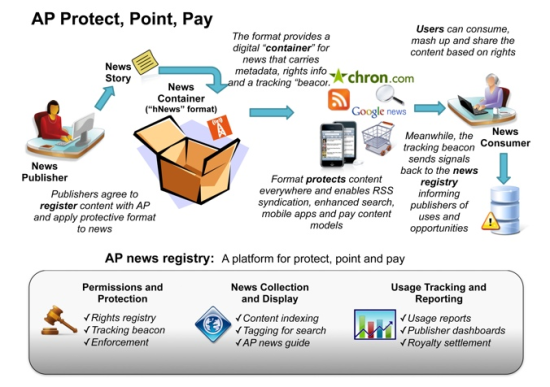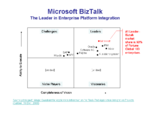Data Ownership in the Cloud networking group
 Saturday, August 8, 2009 at 12:42PM
Saturday, August 8, 2009 at 12:42PM Extending to all an invitation to join the Data Ownership in the Cloud networking group on LinkedIn.
The Data Ownership in the Cloud group on LinkedIn is a global platform for multi-disciplinary networking between technologists and non-technologists interested in examining data ownership in the Cloud.
What technologies and standards (Cloud Computing, Web 2.0, Semantic Web, Enterprise 2.0, Manufacturing 2.0, Social Networking, SaaS, Security 2.0, RFID 2.0, microformat standards, identification standards) will enable data ownership in the Cloud?
What are the non-technological factors (sociological, political, psychological, legal)?
What is the right mix? Where will data ownership first firmly take root?
I will still be posting here at this blog site from time to time, but the greater part of my online activity is now with the Data Ownership in the Cloud group and my related Twitter account (http://twitter.com/Steve_Holcombe).
Kindest regards,
Steve Holcombe
Owner, Data Ownership in the Cloud



